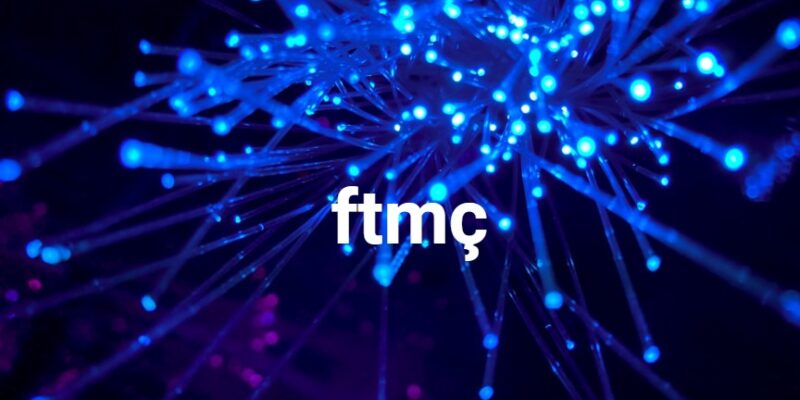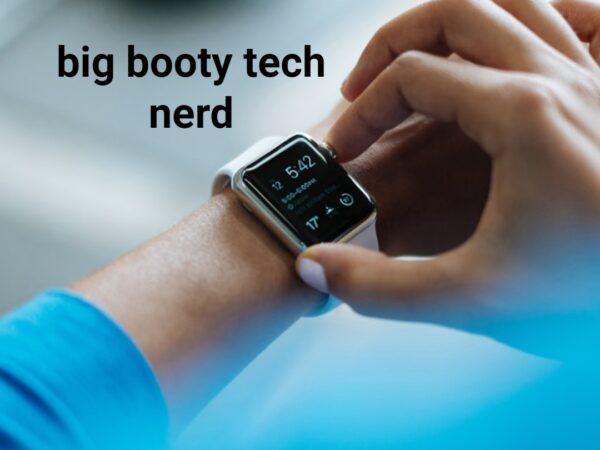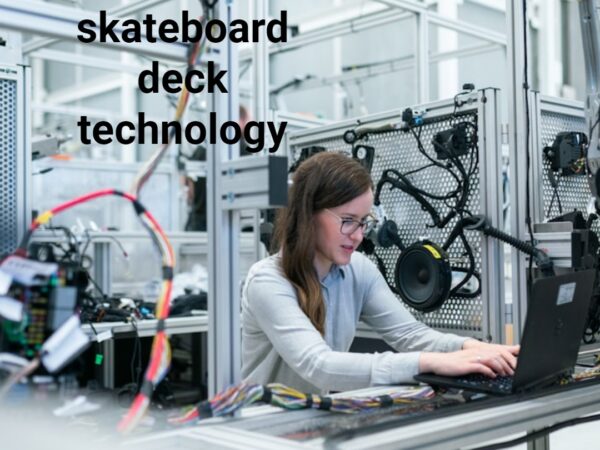Understanding the Implications of ftmç: A Critical Analysis

Introduction to ftmc
Emerging technologies often stir excitement and curiosity, but they also evoke a range of questions about their real-world implications. One such technology that has captured attention is ftmc. This term may not yet be familiar to everyone, but its impact on our society and technological landscape could be profound.
As we delve into the nuances of ftmc, we’ll explore what it means and how it came to be. Understanding this concept requires us to look at its features, controversies, and potential effects on both individuals and industries. There’s much to unpack here.
Join me as we navigate through the critical analysis of ftmc—its history, significance, and future possibilities.
What is ftmc?
ftmc, or Future Technology Management and Control, refers to a conceptual framework focused on the integration of advanced technologies in managing various systems. This approach seeks to harness innovation while ensuring responsible governance.
At its core, ftmc emphasizes adaptability in technology management. It blends strategic planning with cutting-edge tools to improve efficiency and decision-making processes across different sectors.
Key elements include data analysis, risk assessment, and sustainable practices. These components work harmoniously to create a balanced ecosystem that benefits both industry stakeholders and society at large.
The term has gained traction as organizations strive for greater transparency and accountability amid rapid technological advancements. As industries evolve, understanding ftmc becomes crucial for navigating the complexities of modern tech landscapes.
History and Evolution of ftmc
The history of ftmc traces back to early explorations in technology. Initially, it emerged as a niche concept focused on specific applications within tech communities. Over time, the idea gained traction among developers and innovators seeking more efficient solutions.
As research progressed through the late 20th century, ftmc began to evolve significantly. Its adoption widened, attracting attention from larger corporations and academic institutions alike. This shift marked a turning point where experimental concepts transformed into tangible frameworks.
Advancements in computing power catalyzed further innovations related to ftmc. New methodologies started incorporating machine learning and artificial intelligence elements, enhancing its functionality.
By the early 21st century, various industries recognized its potential impact on processes and workflows. Today’s version of ftmc reflects years of refinement and adaptation, showcasing how far this concept has come since its inception.
Key Features of ftmc
One of the standout features of ftmc is its scalability. Users can easily adapt it to various applications, making it versatile across different industries.
Another key feature is its user-friendly interface. This accessibility allows even those with minimal technical knowledge to navigate and utilize its capabilities effectively.
Security measures integrated within ftmc enhance data protection. With growing concerns around privacy, these safeguards are crucial in fostering trust among users.
Additionally, interoperability stands out as a significant advantage. ftmc seamlessly integrates with existing systems, facilitating smoother transitions for organizations looking to adopt new technologies without disruptive overhauls.
Real-time analytics offer valuable insights into performance and usage patterns. This immediate feedback enables better decision-making and optimization strategies tailored to specific needs or challenges encountered by users.
Criticisms and Controversies surrounding ftmc
Critics of ftmc often point to its potential for misuse. The technology can be exploited, leading to ethical dilemmas and privacy concerns.
Many argue that the lack of transparency in ftmc systems raises red flags. Users might not fully understand how their data is collected or used. This ambiguity fosters mistrust among consumers and stakeholders alike.
There are also fears around dependency on ftmc technologies. As society becomes increasingly reliant, questions arise about the resilience of these systems in crisis situations.
Moreover, some experts highlight issues related to accessibility. Not everyone has equal access to ftmc tools, which could deepen existing socio-economic divides.
Controversies surrounding regulation persist as well. Policymakers struggle to keep pace with rapid advancements in this field, leaving potential loopholes that could jeopardize user safety and security.
Potential Implications of ftmc on Society and Technology
The emergence of ftmc brings significant changes to various sectors. It has the potential to revolutionize communication methods, making interactions faster and more efficient.
In the realm of data management, ftmc can enhance security protocols. This could lead to better protection against cyber threats, something every organization craves in today’s digital age.
Moreover, as ftmc integrates with artificial intelligence systems, we may witness smarter decision-making capabilities across industries. This synergy might streamline processes that previously required extensive human oversight.
Socially, there’s a chance for greater connectivity among diverse communities. However, this increased interconnectivity raises concerns around privacy and surveillance practices that must be addressed promptly.
As technology evolves alongside ftmc’s integration into our lives, ethical considerations will become paramount. Balancing innovation with societal impact will require ongoing dialogue among stakeholders at all levels.
Alternatives to ftmc
As the landscape of technology evolves, several alternatives to ftmc have emerged. Each option presents its unique set of features and benefits.
One popular alternative is Kodi. This open-source media center allows users to customize their viewing experience extensively. Its flexibility makes it a favorite among those looking for personalization in streaming services.
Another contender is Plex. Unlike ftmc, which focuses more on local content management, Plex shines with its cloud capabilities and user-friendly interface. It enables seamless access to your media library from various devices.
Additionally, Stremio has garnered attention for its easy-to-use platform that aggregates content from different sources. Users appreciate how it combines streaming and organization into one tool without the complexities seen in some competitors.
These alternatives cater to diverse audiences seeking specific functionalities beyond what ftmc offers, ensuring there’s something for everyone in today’s digital era.
Conclusion: The Importance of Continued Examination of Emerging Technologies like ftmc
The rapid evolution of technologies like ftmc necessitates our ongoing scrutiny. As we stand on the brink of innovation, we must understand both the benefits and potential pitfalls that come with it.
Emerging technologies often bring about significant changes in society, influencing everything from communication to business practices. With ftmc, there’s a unique interplay between societal needs and technological capabilities. Keeping a close eye on these developments ensures that advancements serve humanity rather than hinder progress.
Discussion around ftmc reveals much about our values and priorities as a society. The implications are far-reaching—impacting privacy, security, ethics, and even job markets. Each advancement raises questions that demand thoughtful consideration.
It is vital for individuals, organizations, and policymakers to engage actively in conversations surrounding technologies like ftmc. Staying informed helps us navigate this complex landscape while fostering an environment conducive to responsible growth.
As technology continues its relentless march forward, so too must our commitment to understanding its nuances deeply. Engaging with emerging innovations will empower us not only to adapt but also shape the future responsibly.










